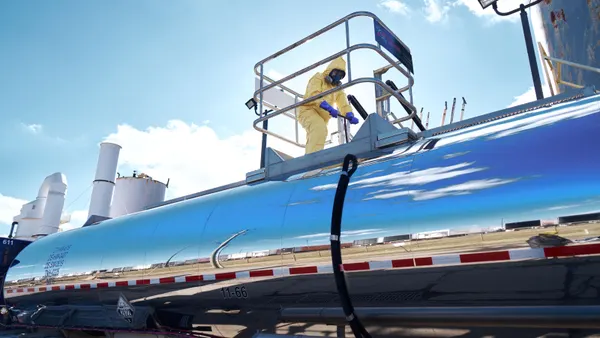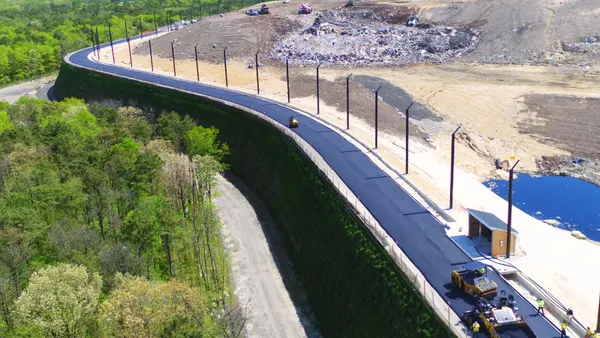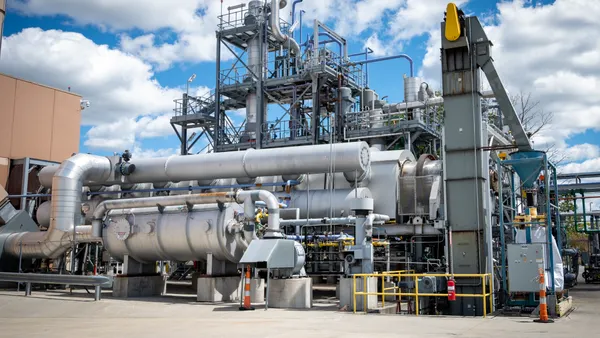Dive Brief:
- The City Council of Twin Falls, ID voted unanimously March 13 to continue recycling whenever costs fall below $100 per ton. Recently those costs have been as high as $164 per ton, as reported by MagicValley.com.
- City staff estimates this will increase the annual budget by about $95,000. The majority of that will be funded by a maximum $0.53 monthly rate increase for customers, depending on their level of service, as of April 1. An additional $10,700 will come from sanitation fund reserves.
- PSI Environmental Services, the city's recycling contractor, told staff China is now buying 20% of the scrap it once did, and that has severely curtailed market options. Elected officials, city staff and PSI hope this approach will be a temporary solution until markets stabilize.
Dive Insight:
Normally recycling news from a city of 50,000 or fewer residents wouldn't stand out, but in 2018 such decisions have taken on greater significance. As municipalities and the companies that service them adapt to a world where China no longer wants most of their recyclables the available choices are often difficult, and potentially expensive. Outcomes vary on a state, and often on a local, basis.
Idaho has already experienced challenges this year, with PSI and Republic Services telling multiple municipalities they would no longer accept 3-7 plastics in January. Following that, the capital city of Boise was also told that markets for mixed paper had become untenable and is in the midst of reassessing its own recycling program.
Nearby West Coast states such as Oregon, Washington and California have all experienced their own issues due to a previous reliance on export markets. Parts of the Southwest, including New Mexico, are in a similar spot with even more limited options due to their location. Many other examples have been popping up around the country, with parts of the Northeast also becoming a focal point.
Industry companies and analysts expect recycling markets will continue to be tough for much of 2018. Increased efforts to reduce contamination through improved education could help produce a more valuable stream of material, but there is a growing sense that customers may need to accept the fact that the service of recycling will cost more than it once did. The actions of communities such as Twin Falls, where residents spoke out in support of the program, show that is a reality some are willing to accept.










